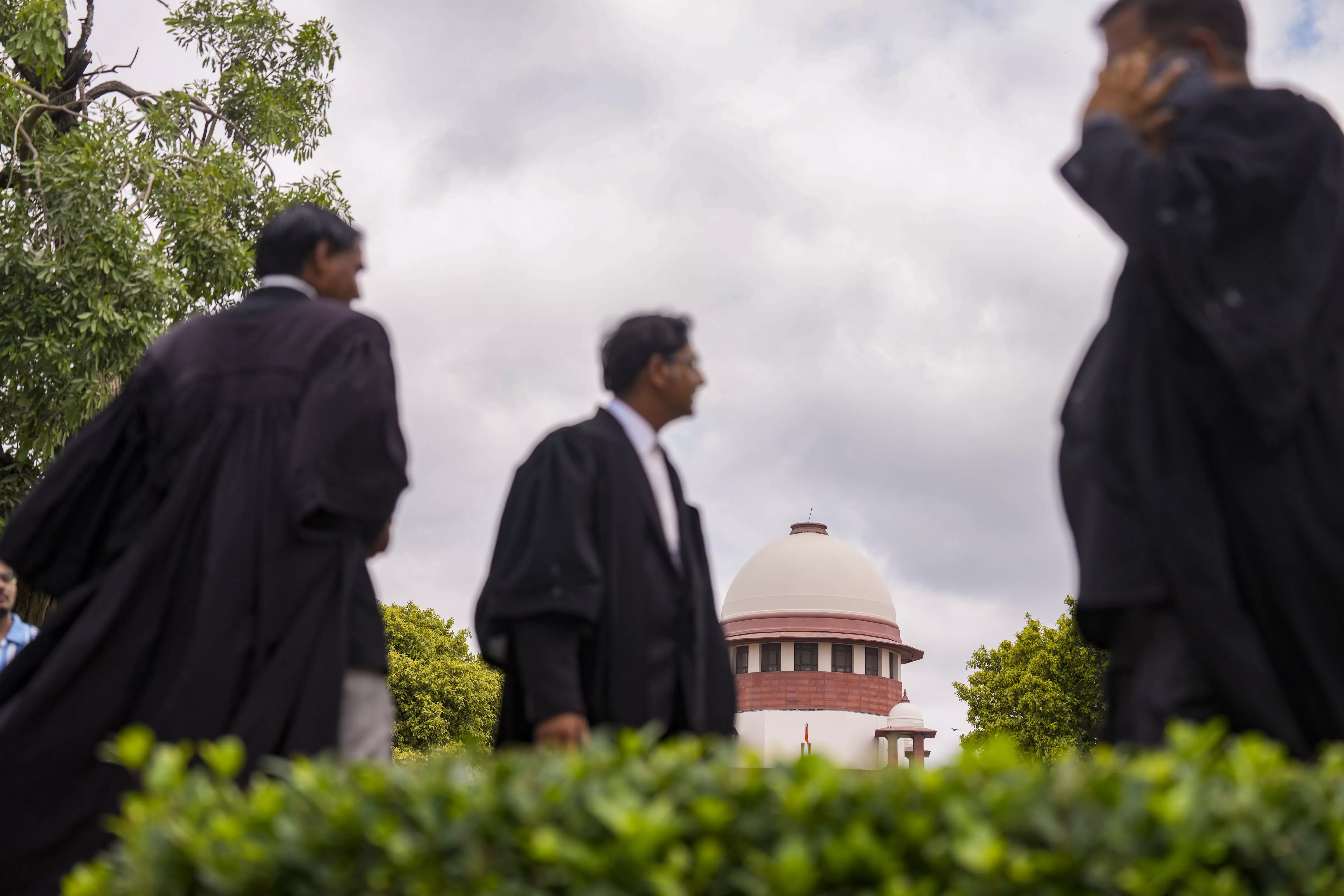AA Edit | Govt & SC: Waqf Act To Test Balance of Powers
To say the bill has raised apprehensions in sections of society would be an understatement. And yet it has positive aspects that may enable better control over certain extravagant claims made by parties under the historical law as it exists now

It is apparent from the proceedings in the Supreme Court while hearing arguments on the Waqf (Amendment) Act that certain provisions may not pass muster in their present form if they are deemed to be against constitutional principles. There are hearings to come and what shape the verdict may take is anyone’s guess but what is clear enough is that the bill has many contentious conditions that will have to come under judicial scrutiny.
To say the bill has raised apprehensions in sections of society would be an understatement. And yet it has positive aspects that may enable better control over certain extravagant claims made by parties under the historical law as it exists now. It would stand to reason that the framers too should accept that the matter requires a judicial scrutiny before the law is allowed to come into force to ensure that it will be just and will not hurt people of a certain community provided their claims are tenable.
The Centre had to make many compromises in the form of assurances to the court to stave off what was looming as an interim stay order from the court until the Act was scrutinised for its legality. Now that time has been given to the government to come up with its account of the necessity for the law and the need for the sweeping changes that were made, it must work overtime to convince the top court of the legality of the changes sought and that they would not be in breach the constitutional guarantees on the rights of citizens.
What is not to be denied amid the claims and counter-claims against the amended law that was passed in Parliament after deliberations in a joint parliamentary committee (JPC) and a hurried debate is that the law needs to satisfy everyone that it is not revenge or retaliation as Opposition parties make it out to be. And yet it is not the intention behind the law as much as its legality that should guide the final form of the Act rather than be shaped by emotionally charged arguments of political parties.
The intention behind wishing to enable a right to nominate non-Muslims to the Central Waqf Council comes under question even if the arguments or queries raised by the bench as well as the replies were ultrasensitive as religion comes into the very heart of it. And yet the right to legislate through a majority or consensus in Parliament is not to be denied just because the subject is sensitive. A test of fairness to all is in the offing and however challenging it might prove to satisfy that an attempt must be made because certain Waqf claims are aiming at entire villages.
The bigger issue of the checks and balances of powers among the legislature, the judiciary and the executive also came up during the hearing with the CJI commenting that there was no overreach and that “Parliament legislates, the Executive implements, and the Judiciary adjudicates”. The Waqf Act might severely test the principles behind the careful separation of powers that the framers of the Constitution enunciated.
